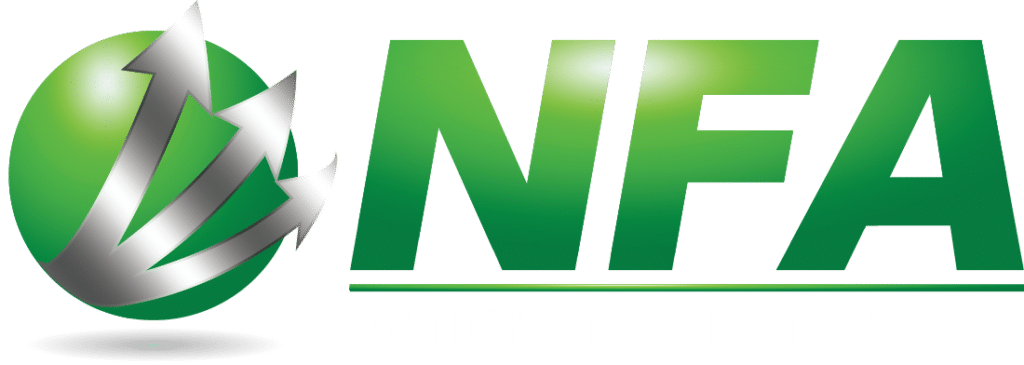
How to Handle Fleet Emergencies: A Preparedness Guide
Fleet emergencies can occur at any time, causing disruptions and potentially significant costs. Being prepared can make a difference in how quickly and efficiently these issues are resolved. Here’s a comprehensive guide on how to handle fleet emergencies, ensuring your operations remain smooth and your drivers safe.
1. Develop a Robust Emergency Plan
The foundation of handling fleet emergencies effectively is a well-thought-out emergency plan. This plan should include detailed protocols for various scenarios such as breakdowns, accidents, and severe weather conditions. Ensure all drivers and staff are familiar with these procedures and conduct regular training sessions to keep everyone prepared.
2. Maintain Regular Communication
Clear and constant communication is critical during emergencies. Equip your fleet with reliable communication tools, such as two-way radios or mobile phones with robust network coverage. Establish a chain of command so drivers know who to contact and how to relay information quickly and accurately.
3. Regular Vehicle Maintenance
Preventative maintenance is key to reducing the likelihood of emergencies. Schedule regular inspections and servicing to ensure your fleet is in top condition. Pay special attention to critical components like brakes, tires, and engines. National Fleet Assist offers comprehensive maintenance services to keep your vehicles running smoothly and reduce the risk of unexpected breakdowns.
4. Equip Vehicles with Emergency Kits
Every vehicle in your fleet should be equipped with an emergency kit that includes items like first aid supplies, flashlights, reflective triangles, basic tools, and fire extinguishers. These kits can provide immediate assistance to drivers while they await further help.
5. Partner with a Reliable Roadside Assistance Service
Having a dependable roadside assistance service can be a lifesaver during emergencies. National Fleet Assist provides 24/7 roadside support, including towing, mechanical repairs, and mobile welding services. With our rapid response times and nationwide coverage, we ensure that help is always just a call away.
6. Implement a Driver Training Program
Educated drivers are better equipped to handle emergencies. Implement a training program that covers safe driving practices, emergency protocols, and how to use the vehicle’s emergency equipment. This training can significantly reduce the impact of emergencies and enhance driver confidence.
7. Leverage Technology
Utilize technology such as GPS tracking and telematics to monitor your fleet in real time. These tools can help you quickly locate a vehicle in distress and dispatch the nearest help. Additionally, they can provide valuable data to improve your emergency response strategies.
Conclusion
Being prepared for fleet emergencies is essential for minimizing downtime and ensuring the safety of your drivers. By developing a robust emergency plan, maintaining regular communication, and partnering with a reliable roadside assistance service like National Fleet Assist, you can handle any situation that arises with confidence and efficiency.
For any enquiries regarding NFA’s services contact us at 023 342 3600 or email us at info@nfaonline.co.za



